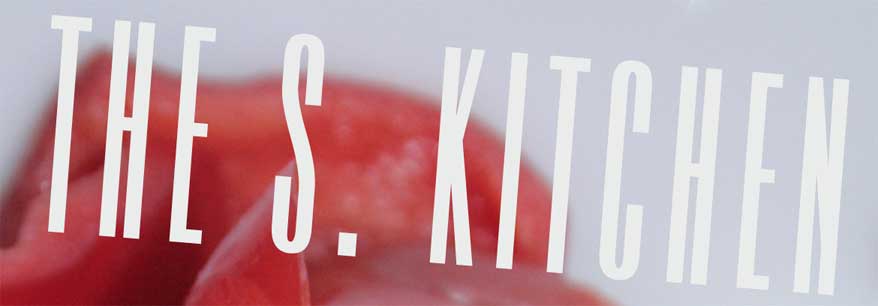
My name is Jason Wyman, Catalyst of The S. Kitchen, and I am an educator in San Francisco. For the last 20 years, I have worked in the fields of youth development, workforce development, education reform and intergenerational programming. Through it all, I have come to learn that everyone wants to feel safe, included and active in their educational development. We all hunger and thirst for knowledge and wisdom.
Often, that thirst and hunger, sometimes called First Food, is quelled by institutions, especially for those that live on the "edges" of society or have been historically and traditionally marginalized. I have refined and honed a specific philosophy of educational development/pedagogy that is rooted in Paulo Freire's Pedagogy of the Oppressed, praxis processes, service-learning modalities and arts education best practices. This philosophy has evolved from working with incredibly diverse communities throughout the United States and finding ways to empower communities to direct their own learning.
To put it simply, imagine a triangle. On one point is the learners/students. On another point is the process. On the last point is the content. Viewed as a triangle, honor and equity must be given to all three points in order to have learning that is relevant, applicable, authentic and critical. I have used this simple theory in creating youth leadership classes rooted in literacy skill building through storytelling, learning circles for middle managers of after school and youth employment programs (more here http://bit.ly/anTvrD ), and in creating original community theater that explores the intersections of faith, spirituality and religion and gender and sexuality (more here http://bit.ly/i3CURL).
At times different points on the triangle are given different weights. In my experience, institutional education places the most weight on the content point. Then, the process point. And the learner/student point is often completely left out. That is why institutional education is not educating. It simply is out of balance.
I have come to realize that a new way of viewing education is needed. Institutions are important and will continue to exist. And education is happening all around us. It is happening in homes and on street corners and in cafes and parks. The problem is most don't see the education in homes, street corners, cafes and parks as education. They see it as frilly, as supplemental, as optional. The *spaces* that education resides are not supplemental. They are vital.
It is my dream to shine a light on the non-institutional spaces where education resides and to harness its narrative into a tool for healing. I believe it is the only way we will finally transform our institutions. It certainly has not been working from the inside out. So it is time for a new paradigm. My hope is that The S. Kitchen can be one model of how to make this work.
